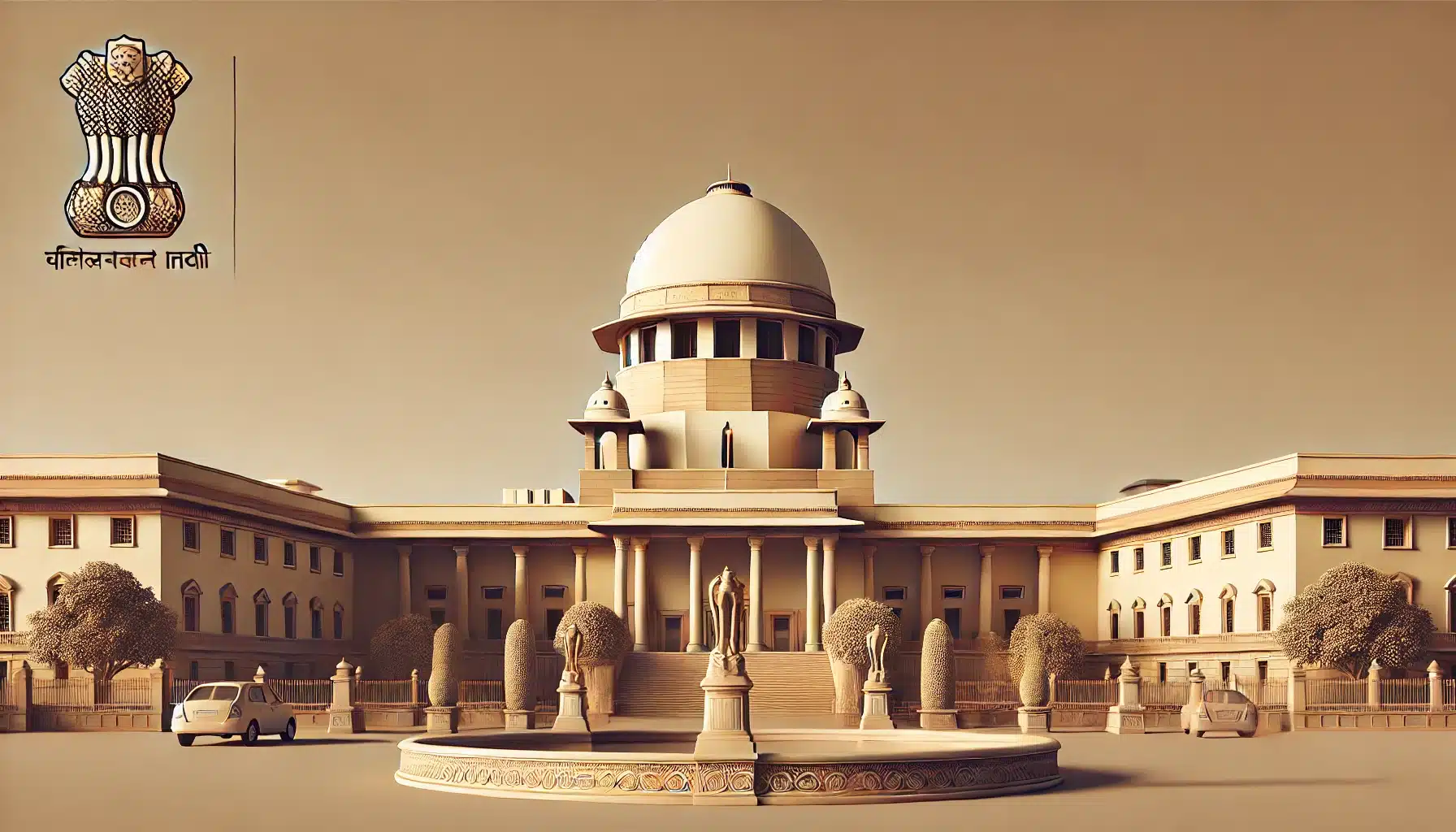The Supreme Court has clarified that third parties affected by a sale deed are not required to seek its cancellation under Section 31 of the Specific Relief Act, 1963. This decision came during a case involving a disputed transfer of joint family property by a co-owner without adequate authorization

In a landmark decision, the Supreme Court of India has ruled that third parties affected by void sale deeds are not required to formally seek their cancellation, simplifying the legal landscape for those indirectly involved in property disputes. This ruling came as part of a judgment involving a contentious property sale that did not have the unanimous consent of all co-owners.
Background of the Case
- The dispute revolved around a co-owner who sold the entire joint family property without the authorization of other co-owners, leading to a legal challenge by the respondents.
- The sale was contested on the grounds that the co-owner did not have the authority to transfer full ownership, as his share was still undetermined at the time of the transaction.
Judicial Findings and Decision
- The bench, comprising Justices Sudhanshu Dhulia and Pankaj Mithal, concluded that the sale by a single co-owner was void as it exceeded his rights and infringed on the interests of other co-owners.
- The court’s deliberation centered around whether the non-party respondents were required to initiate a separate legal action to cancel the disputed sale deed.
Court’s Rationale and Interpretation
- The Supreme Court held that non-parties to a sale deed are not obligated to file for its cancellation if they are adversely affected. The court highlighted that Section 31 of the Specific Relief Act uses the term ‘may’ instead of ‘shall’, providing flexibility in handling such cases.
- “A faint effort was made in the end to contend that the plaintiff-respondent Nandu Lal had not asked for any relief of cancellation of the sale deed by which the property was purchased by the defendant-appellant S.K Golam Lalchand and, therefore, is not entitled to any relief in this suit. The argument has been noted only to be rejected for the simple reason that Section 31 of the Specific Relief Act, 1963 uses the word ‘may’ for getting declared the instrument as void which is not imperative in every case, more particularly when the person is not a party to such an instrument,” the justices explained.
Legal Precedent and Implications
- This decision builds upon previous rulings, notably M/s Asian Avenues Pvt Ltd vs Sri Syed Shoukat Hussain, which assert that actions under Section 31 do not necessarily apply in rem, meaning they do not affect all persons universally but only those directly involved in the proceedings.
Click to read: SK. GOLAM LALCHAND VERSUS NANDU LAL SHAW @ NAND LAL KESHRI @ NANDU LAL BAYES & ORS., CIVIL APPEAL NO.4177 OF 2024





